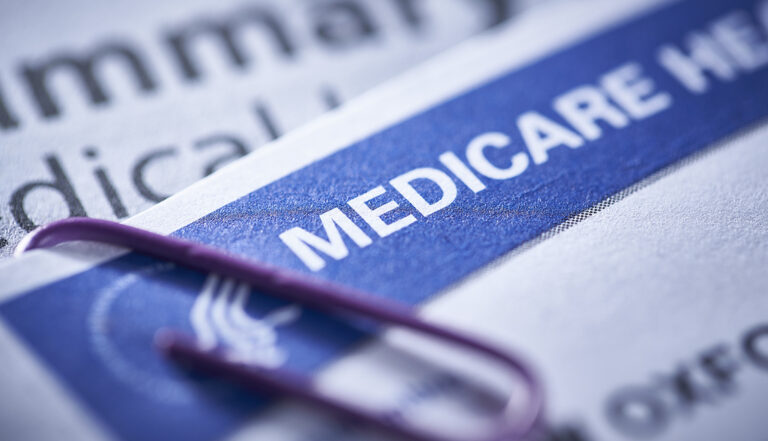 Some consumer tips to help avoid excessive fees or potential fraud when using paid tax preparers, according to the Justice Department, Internal Revenue Service and the Consumer Financial Protection Bureau:
Some consumer tips to help avoid excessive fees or potential fraud when using paid tax preparers, according to the Justice Department, Internal Revenue Service and the Consumer Financial Protection Bureau:
—Make sure any tax refund due is sent to you or deposited into your bank account, not deposited into a preparer’s bank account.
—Do not use a preparer willing to electronically file your return using your last pay stub rather than a W-2.
—Do not use a preparer who fabricates business expenses or claims bogus tax credits you may not be entitled to.
—Ask about service fees upfront. Avoid preparers who base fees on a percentage of your refund or say they can get a larger refund for you than others can.
—Never sign a blank return.
—Report abusive tax preparers to the IRS, using forms 14157 and 14157-A.
—Get help with taxes for free, if possible. If your income is $53,000 or less, if you have a disability or are a limited English speaker, you are eligible for free tax preparation services at a Volunteer Income Tax Assistance location: http://irs.treasury.gov/freetaxprep/ or call 800-906-9887. Persons 60 or older can get free assistance through Tax Counseling for the Elderly: http://www.aarp.org/applications/VMISLocator/searchTaxAideLocations.action or call 888-227-7669.
(AP)










